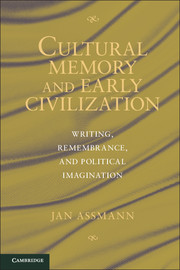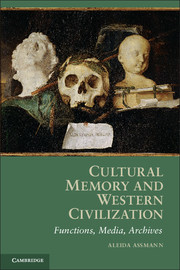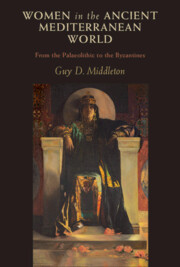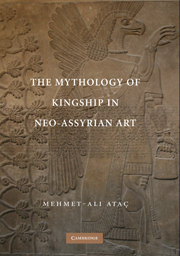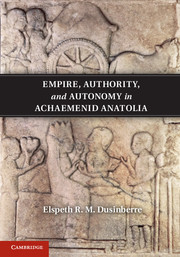Cultural Memory and Early Civilization
Now available to an English-speaking audience, this book presents a groundbreaking theoretical analysis of memory, identity, and culture. It investigates how cultures remember, arguing that human memory exists and is communicated in two ways, namely inter-human interaction and in external systems of notation, such as writing, which can span generations. Dr. Assmann defines two theoretical concepts of cultural memory, differentiating between the long-term memory of societies, which can span up to 3,000 years, and communicative memory, which is typically restricted to 80-100 years. He applies this theoretical framework to case studies of four specific cultures, illustrating the function contexts and specific achievements, including the state, international law, religion, and science. Ultimately, his research demonstrates that memory is not simply a means of retaining information, but rather a force that can shape cultural identity and allow cultures to respond creatively to both daily challenges and catastrophic changes.
- Truly interdisciplinary, and combines theory and empirical research
- Introduces a new concept of memory, which encompasses culture and history as forms of memory
- Also presents a new concept of culture, based on the memorial function of culture
Reviews & endorsements
"Jan Assmann's work on cultural memory is essential for notions of memory and memorialization. I know of no modern scholarly study on collective memory and aspects relating to it, from Thucydides to modern Israel, from Genesis to modern Germany, that has not in some form drawn on Jan Assmann's theories on the relation between collective and cultural memory. In short, this book is an absolute classic, and will be invaluable to English-speaking scholars." – Susanna Elm, University of California at Berkeley
“More than canonical since its original publication in Germany, Cultural Memory and Early Civilization is one of the most important works of cultural analysis of the past two decades. Spanning cultural and media studies, sociology, ancient history, and numerous other fields, it has already underwritten volumes of research and theory in Europe. Its translation was long awaited, and will surely transform discourse in Anglophone scholarship as well. It is a genuine tour-de-force.” – Jeffrey Olick, University of Virginia
Product details
December 2011Paperback
9780521188029
332 pages
229 × 150 × 23 mm
0.5kg
Available
Table of Contents
- Introduction
- Part I. The Theoretical Basis:
- 1. Memory culture
- 2. Written culture
- 3. Cultural identity and political imagination
- Part II. Case Studies:
- 4. Egypt
- 5. Israel and the invention of religion
- 6. The birth of history from the spirit of the law
- 7. Greece and disciplined thinking
- Cultural memory: a summary.

